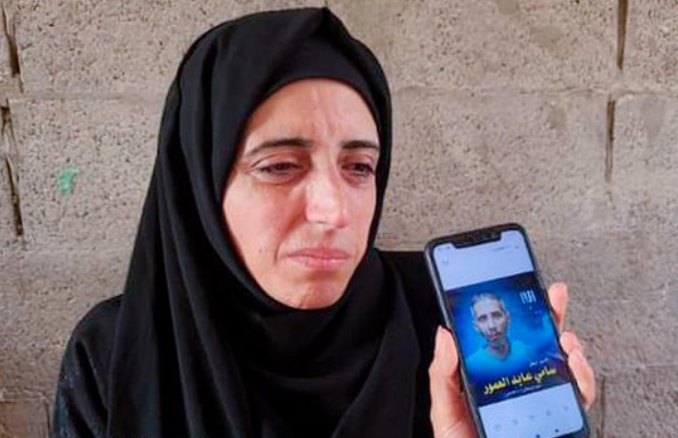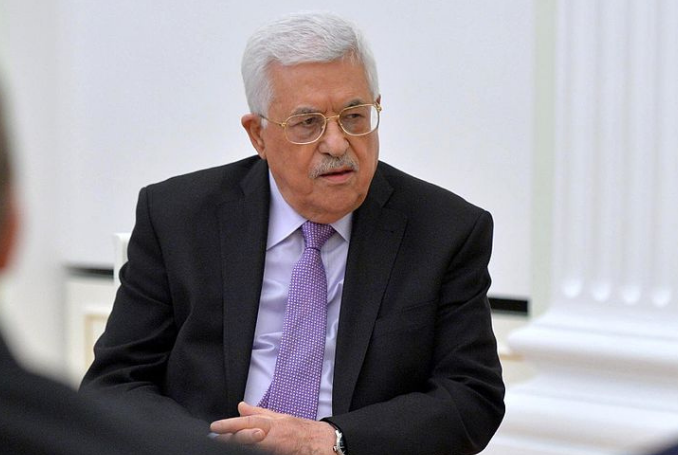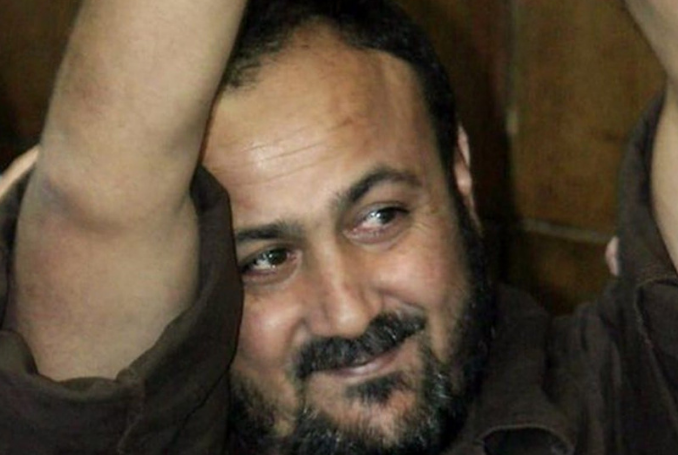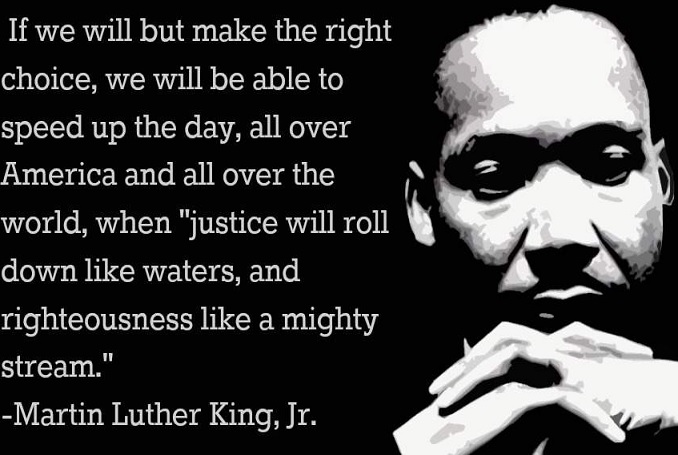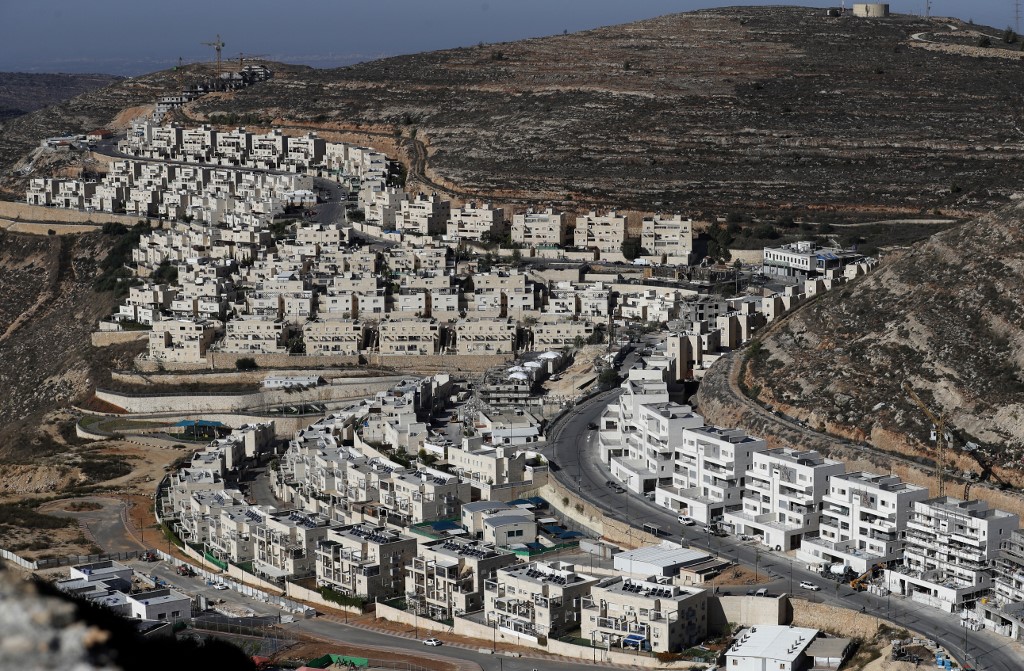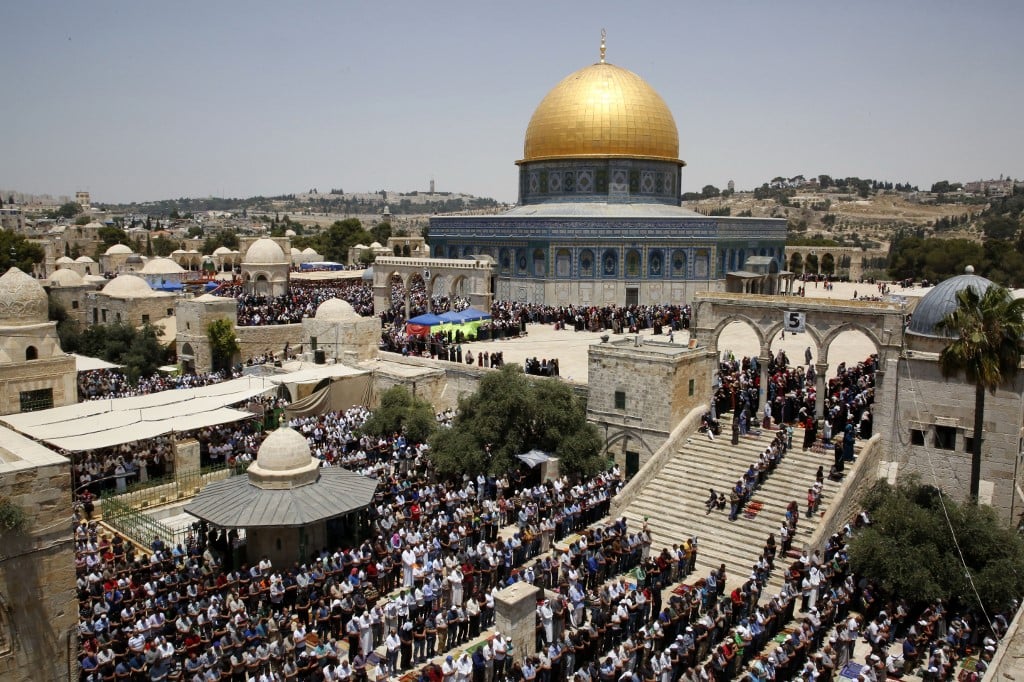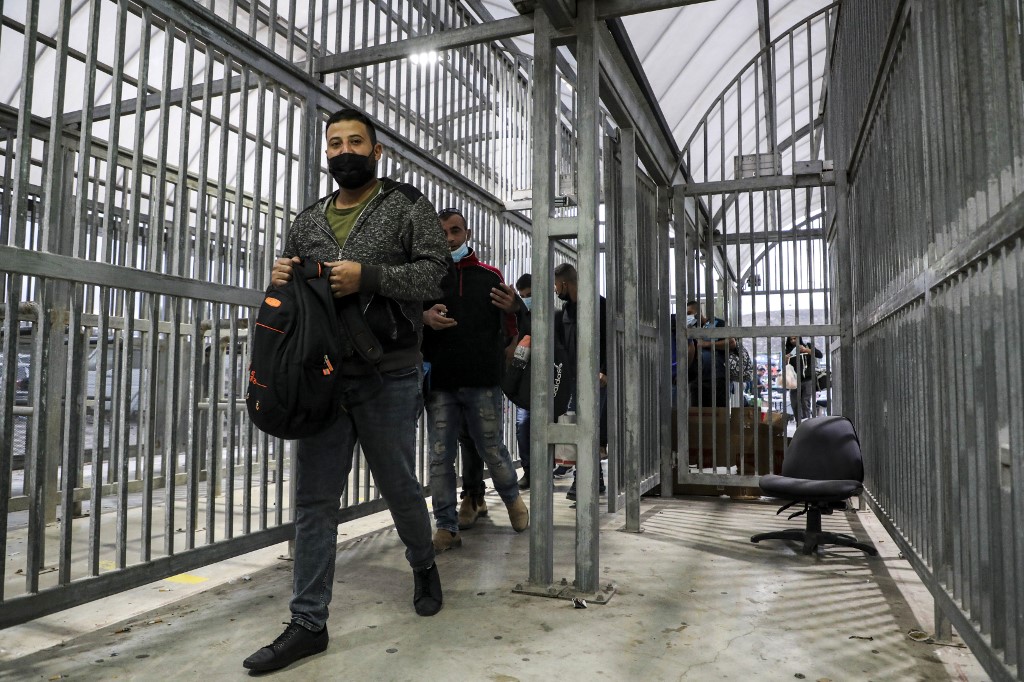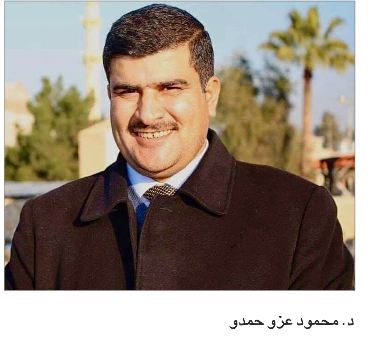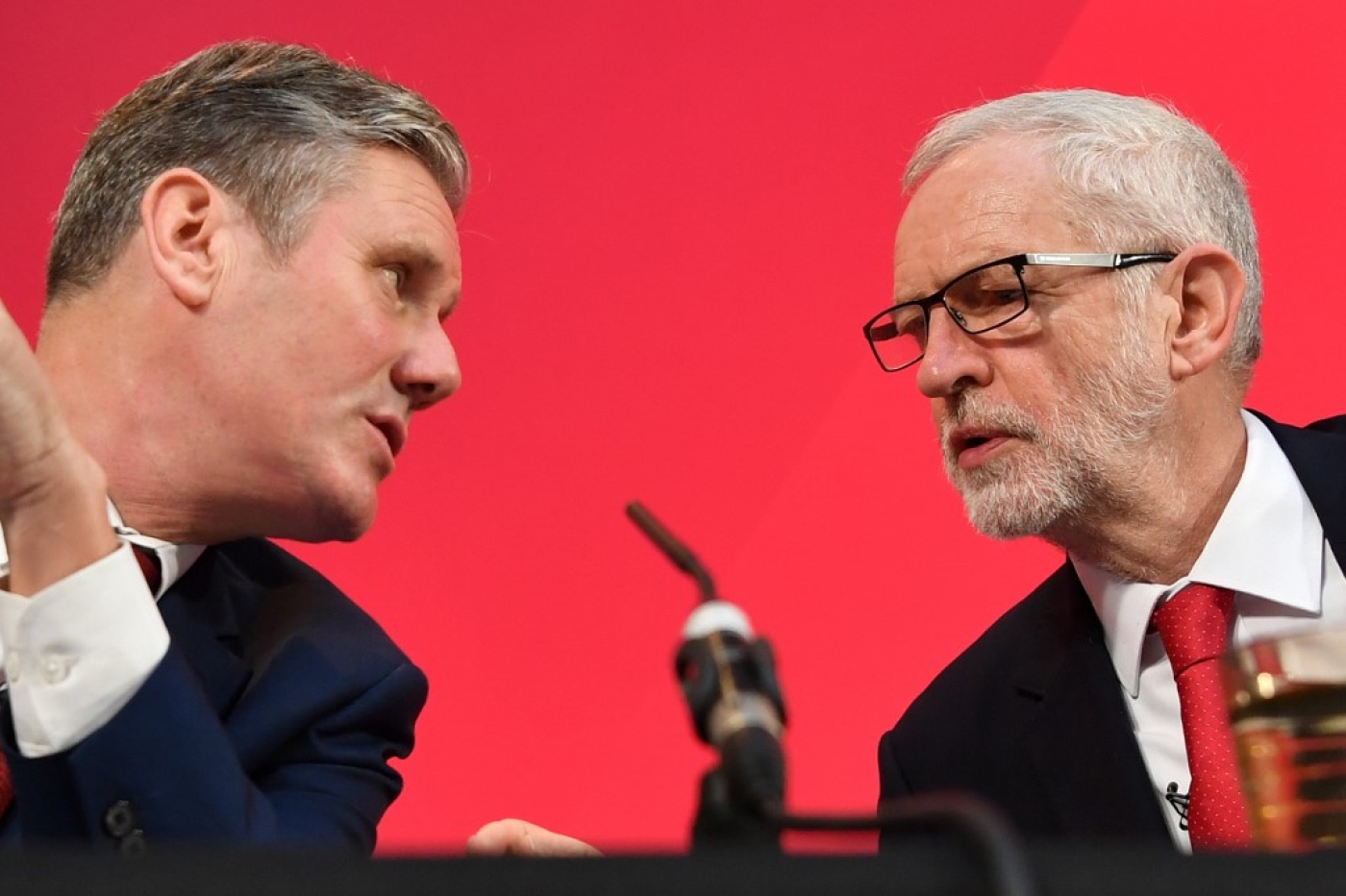Last week, the Israeli military killed three Palestinians in its first aerial drone strike in the occupied West Bank in nearly 20 years — marking a grave escalation in state violence against the territory.
Using an Elbit Systems Hermes 450 drone, the military struck a vehicle in Jenin carrying Palestinians suspected of fatally shooting four Israelis the day before. According to the Israeli military, this was the first drone strike since 2006 during the Second Intifada, or Palestinian uprising against Israeli occupation.
Drones have been mainly used in the West Bank for intelligence and surveillance purposes. Yet last September the rules changed when Israeli Army Chief of Staff, Lt.-Gen. Aviv Kochavi, approved the use of armed drones for targeted killings in the West Bank. Amid the army’s announcement, reports emerged the military was already preparing units to operate armed drones during raids.
Experts surmised Israel’s decision to use an armed drone suggests it’s losing control of the West Bank amid increased armed resistance.
“It was designed to project power and deterrence, but in effect only underscored Israel’s growing weakness in its efforts to contain, let alone stifle, the spreading militancy across the West Bank,” Foreign policy analyst, Yonatan Touval, told MintPress News.
Additionally, the move also points to Israel’s intensifying use of automated weaponry against Palestinians as becoming the norm.
“The choice of using an armed drone to strike suspected militants outside the city could convey reticence in the use of ground troops for a simple military operation,” Touval said.
ISRAEL’S MILITARY ARSENAL IN JENIN
The Hermes 450 drone used in Israel’s targeted killing in Jenin was made by Elbit Systems, Israel’s largest arms manufacturer. It was developed in 1998 and is now considered the “primary platform of the IDF (Israeli military) in counter-terror operations,” according to its product profile on Elbit’s website. The drone is also described as “combat-proven” referring to its use in Israeli assaults on the besieged Gaza Strip.
According to British activist group, Palestine Action, the engines in the Hermes 450 drone are manufactured in the British cities of Shenstone and Staffordshire at Elbit’s UAV Engines Ltd. (UEL) factories. Besides UEL, Elbit also has four other UK subsidiaries: Ferranti Technologies, Elite KL, Instro Precision, and UTacS.
In December, Elbit Systems lost two contracts totaling £283 million (nearly $360 million) with the UK Ministry of Defense, as a result of Palestine Action’s relentless campaigning to shut Elbit’s British factories down.
Despite this significant victory, the UK government remains complicit in Israeli war crimes, with factories across England involved in Israeli arms development. Additionally, in May, the British Defense Ministry awarded an approximately $71-million contract to Elbit Systems UK to supply, maintain, and operate the Ground Manoeuvre Synthetic Trainer systems for the British Army’s Boxer armored vehicles and Challenger 3 tanks.
According to the American Friends of Service Committee Investigate project, a tool exposing corporate involvement in state violence, the Hermes 450 drone has been deployed in multiple Israeli attacks on Gaza, including in August 2022 and during Israel’s 2014 military operation Protective Edge, when Israel killed four Palestinian children playing on a beach in Gaza City.
The Israeli military has also used Hermes 450 drones in its campaigns outside Palestine such as on targets in Syria in 2021 and in its 2006 bombardments of Lebanon, killing more than 1180 people, one-third of whom were children. According to research group, Corporate Watch, the Israeli military has used Hermes 450 drones to carry out assassinations in Sudan and Egypt as well.
Elbit has contracts with militaries around the world, where its Hermes 450 drone was used by the British military in Iraq and Afghanistan from 2007-2014. Azerbaijani military forces have used Hermes 450 drones in its attacks against Armenia, with Azeris reportedly praising the drones during military parades.
Two days before Israel’s fatal drone strike, the Israeli military deployed a U.S.-built Apache AH-64 attack helicopter to evacuate Israeli soldiers ambushed by Palestinian resistance fighters during a morning military raid into Jenin. The helicopter reportedly shot off Hellfire missiles and machine gun fire, a move not done in the West Bank since 2002 during the Second Intifada.
American Aircraft and missile manufacturer, Boeing, created the Apache helicopter and began selling it to Israel in 1990. According to Investigate, Apache helicopters have been used in all of Israel’s major bombardments on Gaza, including assaults carried out in 2022, 2021, 2014, 2012, and 2008–2009.
In 2014, Hellfire missiles killed at least 51 people, including 24 children in what the UN High Commissioner for Human Rights called “a war crime under international criminal law.” Apache helicopters were also involved in Israeli attacks on Lebanon in 2006, killing at least 30 civilians in what Human Rights Watch described as potential war crimes.
Currently, Boeing is contracted by the Israeli Air Force (IAF) to provide integrated logistics support for Israel’s AH-64A-model and D-model Apache helicopters until 2026.
INTENSIFYING DRONE WARFARE
According to The Jerusalem Post, drones currently make up 60% of the Israeli military’s artillery and 75% of IAF flight hours are flown by drones rather than piloted aircraft, with that number only expected to increase.
An anonymous IAF drone unit commander told The Jerusalem Post that “there will be a future framed by drones. This will leave humans out of danger, it will be cheaper, and there will be fewer limits on their activities than there are for humans.”
The commander emphasized that drones’ precision targeting reduces civilian casualties, yet the opposite appears to be true.
Tahseen Alian, a Palestinian legal expert, addressed this point when speaking to The New Arab:
Apache helicopters during the Second Intifada were manned by pilots, and still they killed innocent people almost with each strike. Drones are machines, and it is proven by experience in other countries that they kill innocent victims more often than not.”
According to the Bureau of Investigative Journalism, U.S. drone strikes in Yemen, Afghanistan, Somalia, and Pakistan killed between 910-2,200 civilians from 2010-2020. And according to evidence gathered by Foreign Policy, U.S. drone strikes in Pakistan, Yemen, and Somalia resulted in 35 times more civilian deaths than airstrikes conducted manually in countries where the U.S. was actively engaged in war, such as Iraq, Syria, and Afghanistan.
Advancements in Israeli drone technology are paving the way for a videogame-style battlefield that further separates the human operator from the target. In this regard, Palestinians may become even more dehumanized in Israeli eyes. In 2022, Israeli forces killed 151 Palestinians in the West Bank. This year alone could surpass last year’s statistic given Israeli forces have now killed more than 100 Palestinians in the West Bank, according to data from the UN Office for the Coordination of Humanitarian Affairs. That number may likely increase if auto-pilot combat becomes the default in the territory.
With Israel’s recent aerial strike in the West Bank, Touval noted, “it’s likely to increase Israel’s use of armed drones in the West Bank, and with it also an increase in arbitrary strikes designed to project power without any real sense of purpose.”
Jessica Buxbaum
Filed under: "Israel", Israeli Crimes crimes against humanity, Palestinian people | Tagged: Annexation of the West Bank, Apartheid Israel, General Kochavi, Israeli Brutal Aggression, Israeli Crimes crimes against humanity, Jenin Refugee camp, Occupied W Bank | Comments Off on WITH DRONE STRIKE, THE OCCUPIED WEST BANK COULD TURN INTO WAR-RAVAGED GAZA










